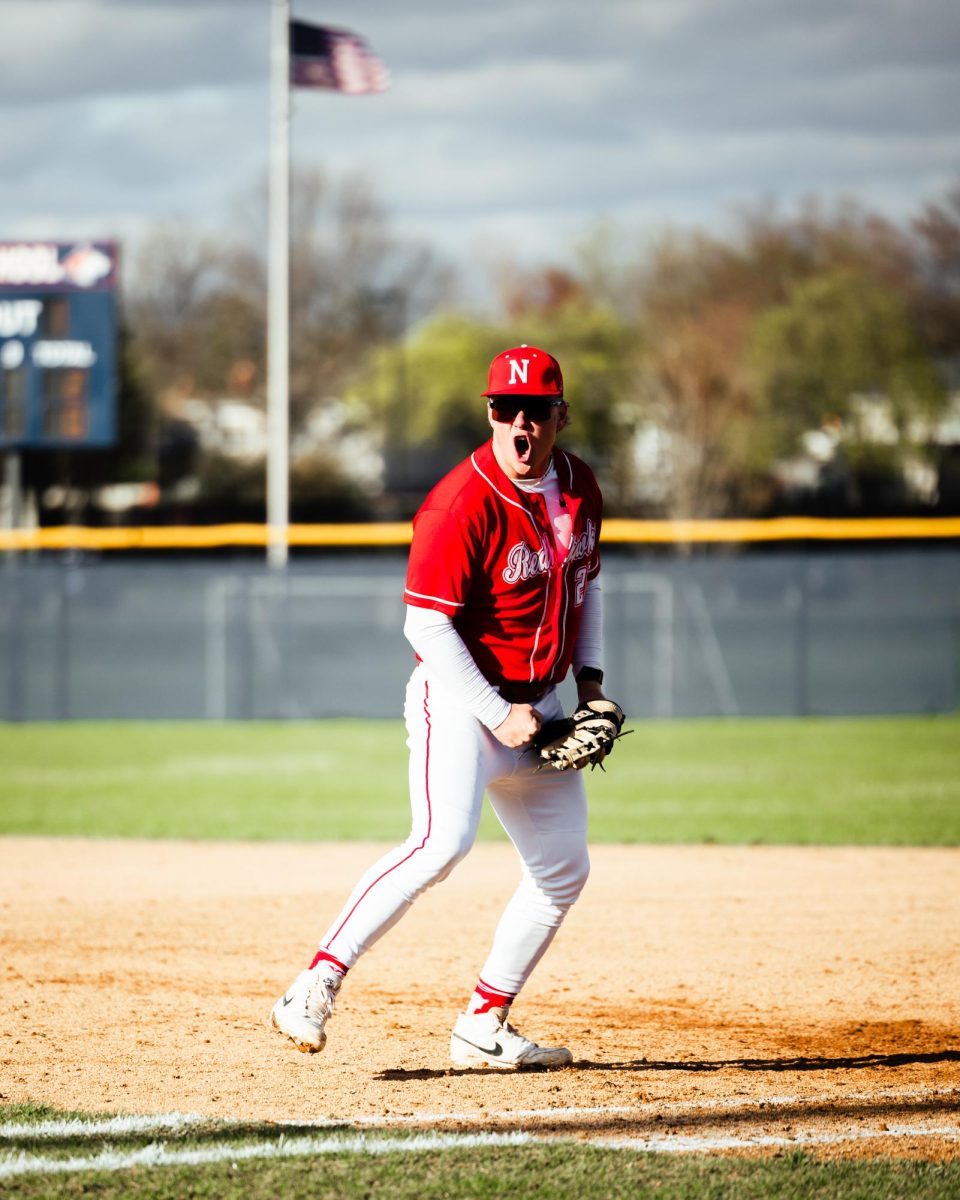Drink Up: why athletes need to stay hydrated
November 10, 2015

Stay hydrated. That doesn’t seem too hard. All you need to do is drink water. However, the record-setting heat in August raised concerns on whether athletes were hydrated enough. So far, the teams at Naperville Central are doing fine.
“Overall, our athletes did really well, because our coaches did really well,” athletic trainer Mark Florence said. “We took the right precautions.”
Florence believes that hydrating someone as soon as possible is the easiest way to treat dehydration.
“We’ve got to remove them from whatever they’re doing and try to rehydrate them,” Florence said. “Because that could possibly turn into something else.”
According to WebMD, the average adult loses about ten cups of water per day. This must be compensated for.
The longtime belief that eight glasses of water will keep us hydrated has changed. WebMD states that a person should drink about a half-ounce to an ounce of water for each pound they weigh. But outside factors also can also affect our water consumption.
The Center for Disease Control and Prevention (CDC) states that the body needs more water in hot climates, when sick, and when exercising.
According to WebMD, when exercising in hot and humid weather, the average adult can become dehydrated in only a half-hour. It’s not easy to tell when an athlete is becoming dehydrated, and the easiest way to to prevent this is to take longer breaks and drink more water.
Dehydration can also cause of muscle fatigue, particularly in athletes. As WebMD states, the best way for athletes to avoid muscle fatigue is to drink water before, during, and after the activity. The many athletic teams at Central are aware of this and are trying to stay as hydrated as possible.
“I usually tell [my players] on days when it’s really hot that every time they pass by a drinking fountain, to stop and get a drink,” sophomore football coach Jeff Nudera said.
The girl’s swim team has been careful to have an abundant supply of water during meets and practices. The swim team has three large water coolers that are used during their practices and meets.
“Because you’re in the water, you don’t always know when you are dehydrated… you don’t know how much water you have to take in,” said sophomore Emma Wagner, a member of the girls’ swim team.“We usually sip on [our water bottles] between sets and whenever we can.”
Marching band has also dealt with the issue of dehydration. “Our goal is twenty, to thirty minutes max between breaks,” said Brandon Estes, the Associate Director of Bands and marching band director. The students are responsible for bringing at least a half-gallon water jug, though a gallon-sized one is encouraged.
“We do see people sit out because they didn’t bring their water and are dehydrated,” Junior Drum Major Hannah Estoll said.
Marching band members must be prepared for hot weather, especially during band camp, which is in August. Without water, they could easily become dehydrated. It’s suggested that the members of marching band refill their water jugs after approximately four hours.
“During band camp, it’s really hot, so we were always really careful about drinking water, because it was a twelve-hour long day,” said sophomore Bridget Halliday, a member of Color Guard. “Some people did get sick when they were running, because they didn’t have water.”
Central’s girls’ tennis team also had some problems with hydration this season.
“The big thing that we always tell the team is we have to be hydrated early, well before practice, and then keep hydrating during practice,” said Don Bonet, coach of the varsity girls’ tennis team.
“The couple issues we had were girls went down with severe cramps, and had a difficult time continuing in their match because of it,” Bonet said.
But he added that this has an easy fix.
“The first line of defense is always making sure you’re drinking enough… You really want to try and prevent this,” Bonet said.
Water’s one of those things people take for granted. Without it, life as we know it would not be possible. The body must have a constant source of water to function properly.
So the next time you pass by a water fountain, drink up.









